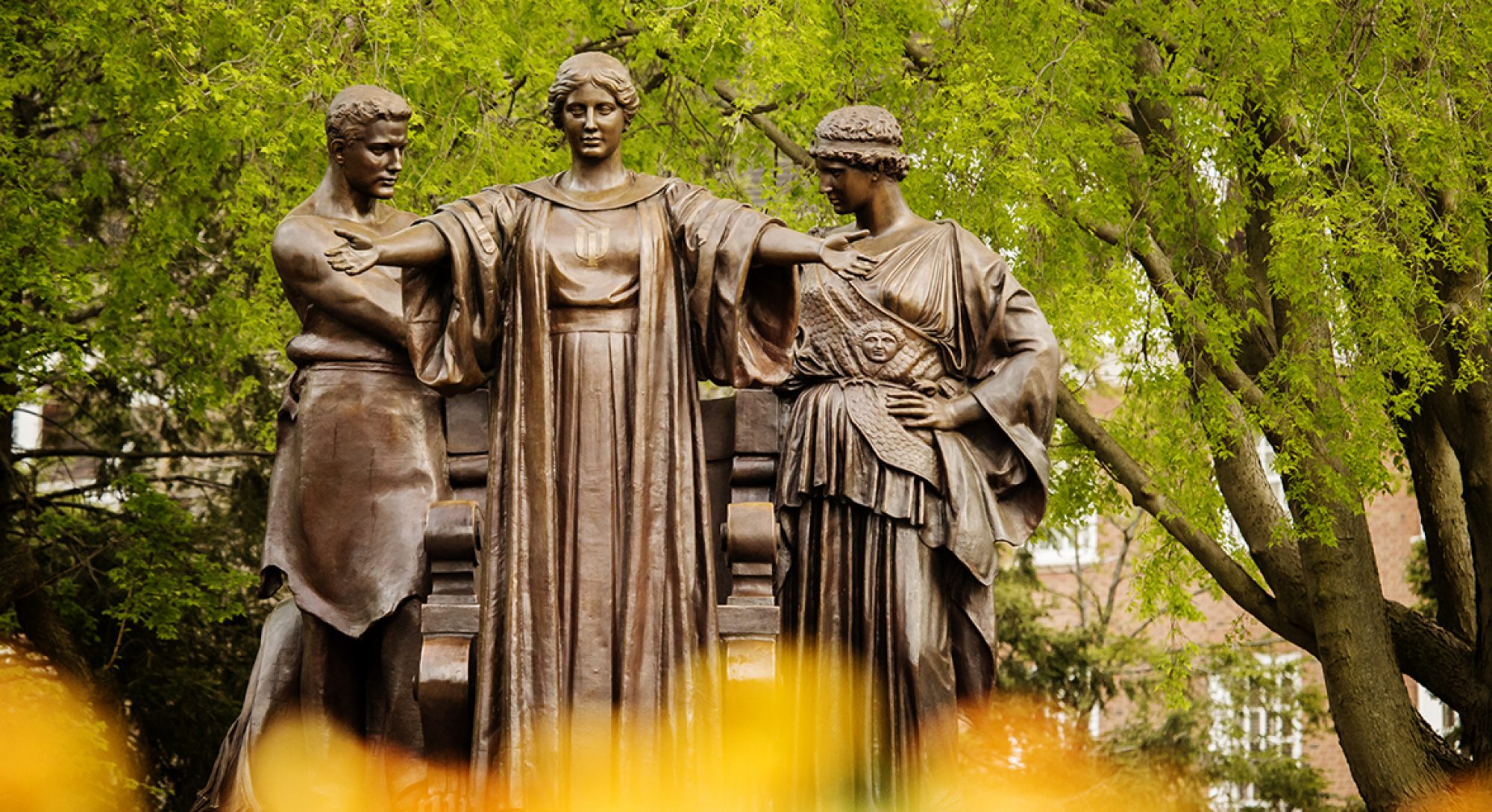All student presenters for OCMC 2019 are listed below in alphabetical order.
Talk Presenters
Ann L. Bryan, University of Illinois at Urbana-Champaign, Professional automation: Being a physician in the era of electronic health records
Matt Giles, University of California, Santa Barbara, The role of identity in police work: Expanding beyond membership negotiation in Four Flows
Marcus W. Ferguson Jr., University of Missouri at Columbia, Mixed messages: Conflicting discussions of black professionals
Diego Gomez-Zara, Northwestern University, The diversity paradox: How perceived diversity affects group formation
William T. Howe Jr., University of Oklahoma, Measuring the communicative ability of military members post-exit
Darvelle Hutchins, University of Missouri, Constructing mental health and illness in the Black Baptist Church
Caitlyn Jarvis, Purdue University, Narratives of (in)fertility: Developing resilience through tenuous identities
Joe Lybarger, University of Tennessee, Investigating the joint effects of a leaders verbally aggressive messages and nonverbal immediacy behaviors on organizational outcomes
Jeff Proulx, University of Illinois at Urbana Champaign, The coevolution of perceived and observed communication networks: Toward a process theory of change in organizations
Rob Razzante, Arizona State University, Co-Creating a vision for workplace inclusion
Brett W. Robertson, University of Texas at Austin, Developing resilience through communication and community: Natural disaster preparedness among older adults
Tyler Sorg, University of Missouri, Dismantling bystander intervention shortcomings through culture: A new hope
Kyosuke Tanaka, Northwestern University, The origins and consequences of network routing errors in organizations
Yuanxin Wang et al., Peking University, Dynamics of team processes and team performance on social media enterprise
Hallie Workman, University of Illinois at Urbana-Champaign, Negotiating organizational hiddenness
Yoori Yang, University of California, Santa Barbara, Institutional pressures on CSR: The influence of NGO networks and embeddedness with government institutions on CSR practices in South Korean corporations
Hyunsook Youn, Rutgers University, The role of identification on volunteer engagement: A communication network perspective
Larry Zhiming Xu, University of Southern California, A multitheoretical multilevel explication of crowd organizations
Poster Presenters
Melinda Aley, Michigan State University, Using the internet to search for career information: A new vocational anticipatory socialization source for the twenty-first century.
Bailey C. Benedict, Purdue University, A sentiment analysis of work-related Twitter discourse in Florida during Hurricane Irma
Danielle C. Biss, San Diego State University, The structuration of (dis)abling policies for d/Deaf survivors of sexual violence: Negotiating tensions in an anti-violence organization
Anne-Marie Boyer, Northwestern University, Using uncertainty management theory to explore uses of Grindr for men who have sex with men in Mumbai, India
Zachary Gibson, Northwestern University, A multi-field review of organizational conflict research on outcomes: Where does communication stand?
Leanna Hartsough & Kaylee Lukacena-Buzzetta, University of Kentucky, Student-athletes’ perceptions of their college coach’s support
Shelley Hepler, University of Kansas, Adjunct professors as contingent group members
Courtney Hook, Ohio University, Exploring the rehabilitation-punishment dialectical tension in prison programming
Corey Joseph Huber, University of Kentucky, Education (kinda) reimagined
Rustom Ichhaporia, Illinois Math & Science Academy, Network attribute predictors for self-assembled team formation
Eugene Lee, University of Minnesota, Online communities and knowledge sharing between gig economy workers
Elizabeth Marquis, University of Michigan, BetterHelp backlash: Non-clinician social media influencers endorsing telemental health services
Laura V. Martinez, Arizona State University, From “hurt” to “heal”: Reframing cultural narratives of pain and organizational identification in circus arts organizations
Renee Mitson, University of Minnesota, Adaptive structuration theory as a means to examine external digital communication perceptions and stakeholder assumptions
Joshua-Paul Miles, Anne-Marie Boyer, & Michelle Shumate, Northwestern University, The equity imperative: Examining community engagement strategies of planned and emergent networks
Beatriz Nieto, University of South Florida, A postcolonial organizational communication analysis of Aeromexico’s (2019) DNA Discounts Campaign
Samantha Okegbe, The University of Illinois at Urbana-Champaign, Determinants of multitasking behavior among young adults during group meetings: Attitudes on norms, polychronicity and multicommunicating
Courtney J. Powers, The University of Texas at Austin, Voluntary expressions of identification: YouTube as an organization
Samantha Rouech, Central Michigan University, Co-rumination in workplace friendships: Presence and effects
Nicole Rudisill, University of Minnesota, Twin Cities, Operation varsity blues: Trust dimensions in organizational advocacy
Scott Shank, Michigan State University, The helpfulness of the mundane: What makes conversations about work with parents and friends significant?
